Do you include STEM activities and projects as part of your regular kindergarten routine? Then you have already figured out the importance of STEM in kindergarten, which is so important for young learners. Not only do STEM concepts help address important academic skills like science and math, but you can also use it as a key component in helping young students build social/emotional skills. If you don’t already include a STEM curriculum as part of your routine, I encourage you to do so. You, too, can further learn about the importance and benefits of stem education.
What is STEM?
You might not be familiar with what STEM subjects really are and what it looks like at the kindergarten level. Essentially, it is a curriculum based on the idea of educating young minds in four specific areas: science, technology, engineering, and mathematics. When teaching STEM topics and doing STEM projects, we encourage experimenting, tinkering, building, observing, exploring, and problem solving. We also encourage creating curiosity and passion at this young age. STEM gives opportunities for kids to push the limits of what they can do. There will also be plenty of opportunities after for real-world application.
At the kindergarten level, this often looks like presenting students with a problem, and then providing them with different materials to solve that problem. Even simple tasks like making an apple shape out of provided materials can give students an opportunity to creatively solve a problem on their own. This can help with fine motor skills. It can also lead to great social/emotional learning at an early age!
Social/Emotional Skills
One of the things that makes STEM so important in kindergarten is its ability to naturally build emotional and social skills in our students. As mentioned earlier, through these types of projects, students can creatively solve problems on their own. This is a great way to help to build problem solving skills. It also helps to build confidence in our students' earliest years. It helps them to see that they are capable of working through challenges.
STEM also gives students a chance to build a growth mindset. When solving a problem during a STEM lesson, the first thing that students try might not help them to find the solution. However, they can continue to try new solutions. The willingness to try things that are difficult, and being okay with being wrong, are both key to having a growth mindset. Plus, it builds resilience! To learn these important skills in the early years of learning will do wonders for their elementary education and beyond. By working through different STEM challenges, students can build social/emotional skills. This is just one of the reasons for the importance of STEM in kindergarten.
Academic Skills
Another important aspect of STEM learning in kindergarten is its ability to target academic skills while still feeling like play! As mentioned before, some of these specific STEM areas include engineering and science, so you can infuse both within your STEM projects!
Within the NGSS, ETS1.B is focused on developing possible solutions through physical models. I don’t know about you, but that sounds exactly like what students are doing when they solve STEM problems! Because you can use STEM challenges to address academic skills, they are important to include as part of your kindergarten routine!
The Importance of STEM in Kindergarten
As you can see, there are many benefits for the importance of early STEM education. Not only does it help students build social/emotional and academic skills, but stem skills also have many other benefits that you can read about here. Moreover, the way STEM challenges are set up makes them feel like play, which makes them a simple and enjoyable way to build these skills in kindergarten.
Now that you've learned about the importance of STEM in kindergarten, you can support STEM learning by teaching these new concepts to your students in the coming year. It's a great opportunity to teach about STEM occupations as well. Teaching them about various STEM fields early can lay a solid foundation to their future interest in STEM careers when they are older. Who knows what impact that will have on future generations. It could very well become a long-term interest. You could be teaching students who make the next big scientific discoveries!
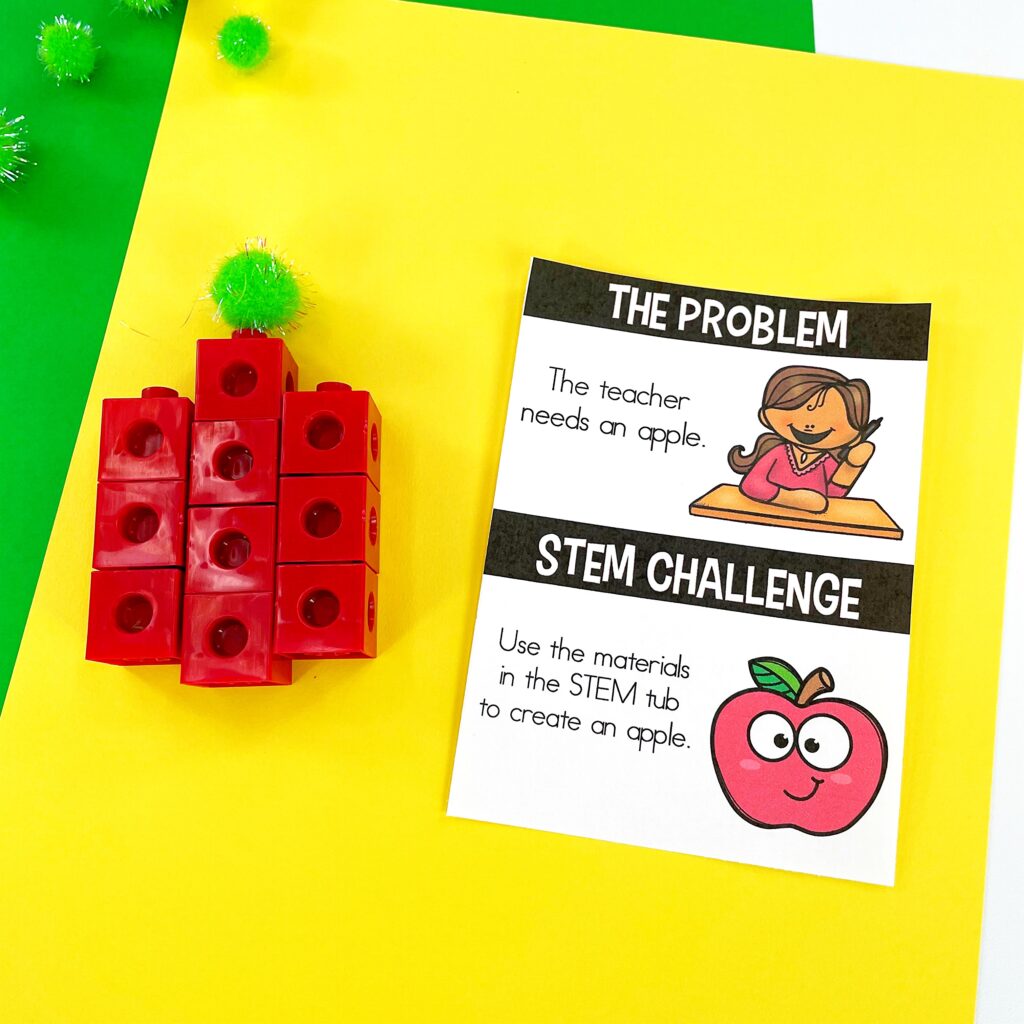
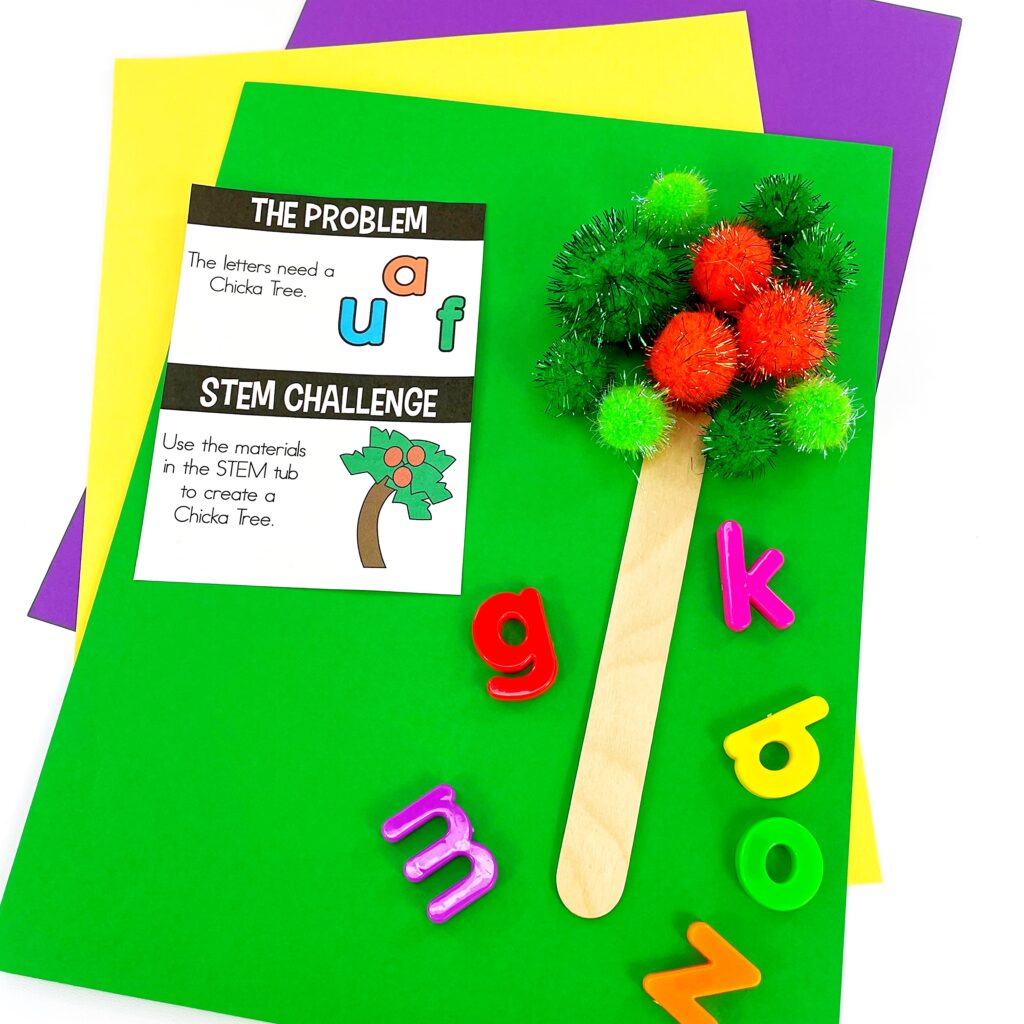
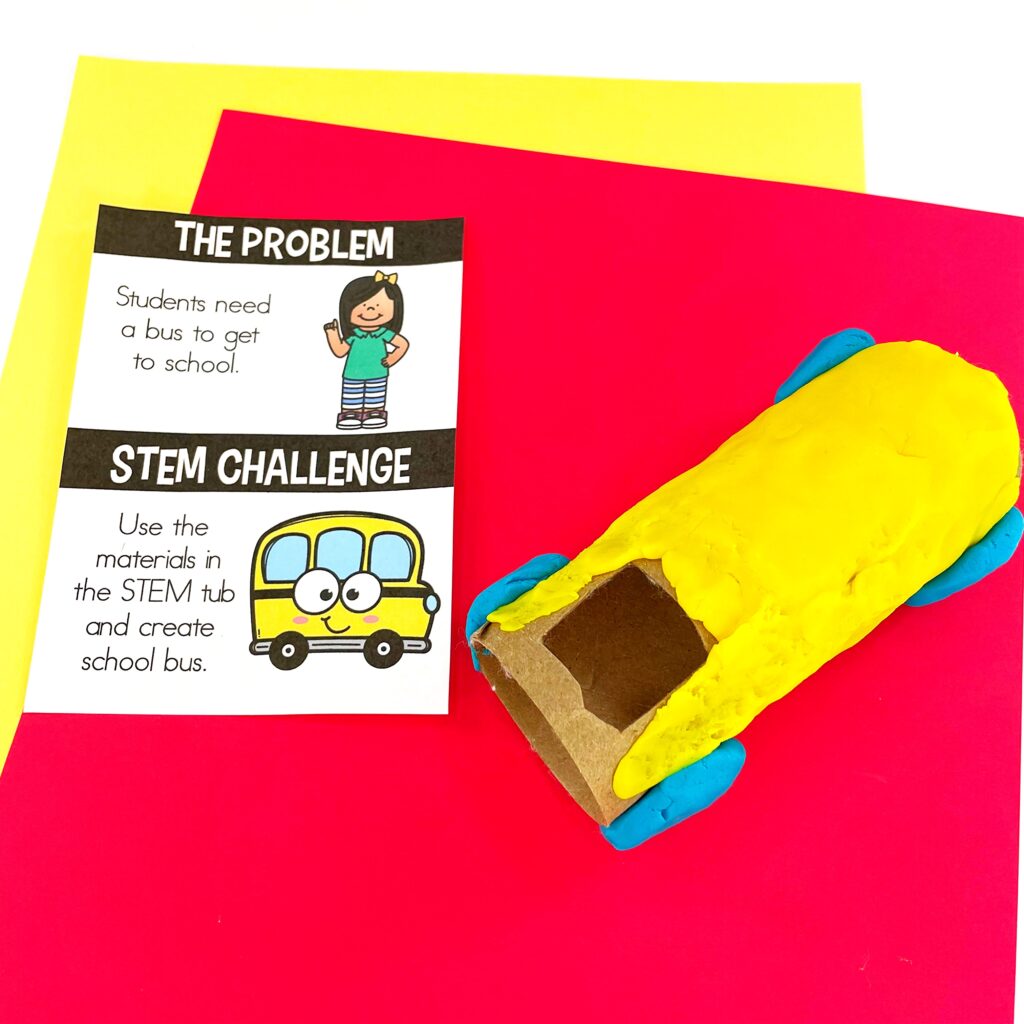





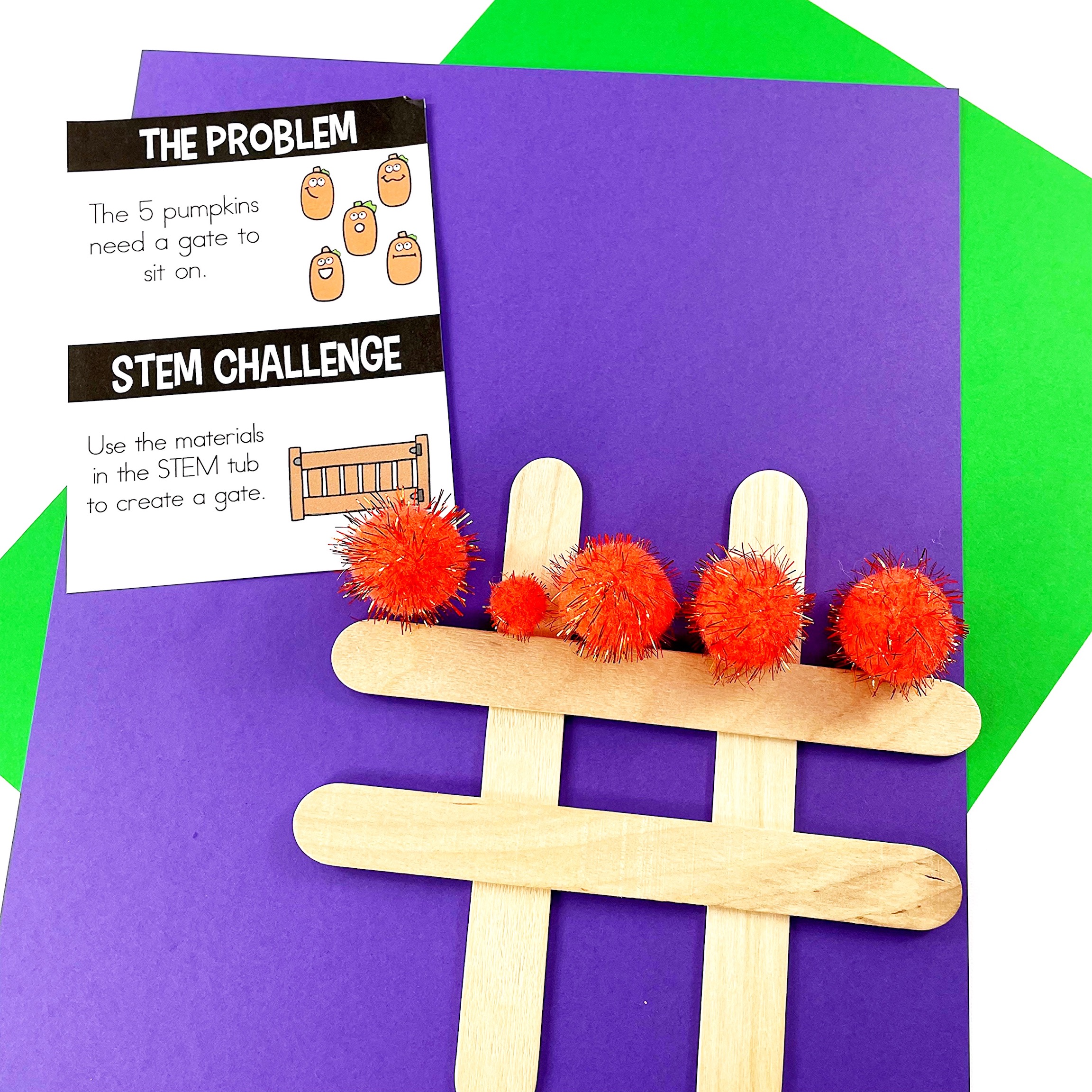

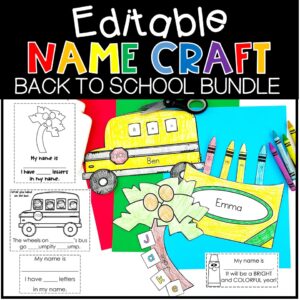
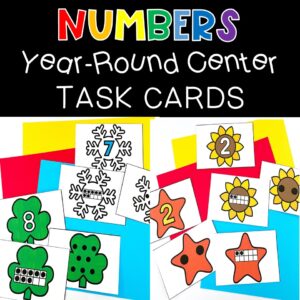

Leave a Reply